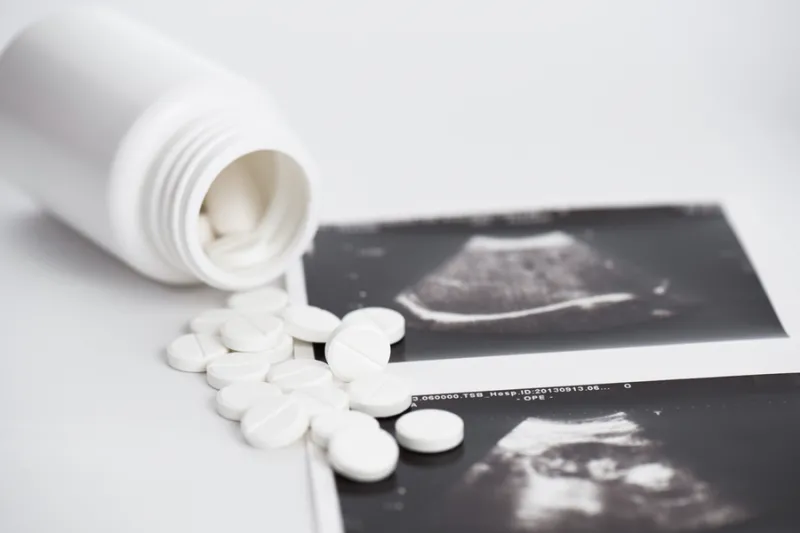
Washington D.C., Jan 4, 2023 / 11:20 am (CNA).
Yesterday, the Food and Drug Administration (FDA) officially changed its policy to allow pharmacies, such as CVS and Walgreens, to sell mifepristone, the drug known commonly as the abortion pill.
Mifepristone is the first of the two pills used in a chemical abortion. The drug works by cutting off nutrients necessary for a fetus to continue developing. The second drug, misoprostol, is taken 24 to 48 hours later and induces contractions that expel the dead unborn child.
In the wake of the Supreme Court’s Dobbs v. Jackson Women’s Health Organization decision that overturned Roe v. Wade, abortion pills and chemical abortion have become an increasingly debated issue. According to the New York Times, abortion pills now account for more than half of abortions in the U.S.
Until yesterday, FDA policy only allowed certified doctors, clinics, and some mail-order pharmacies to dispense mifepristone. Now, FDA policy allows any patient with a prescription to obtain mifepristone from her local retail pharmacy.
Yesterday’s policy change comes after a December 2021 change that permanently lifted the requirement for patients to obtain mifepristone during in-person appointments with a physician. This change allowed abortion pills to be prescribed via telemedicine and prescriptions to be filled by mail.
Despite these changes, pharmacies must still opt in to fill abortion pill prescriptions, and they must still abide by all federal and state regulations. According to Axios, both CVS and Walgreens have announced they are reviewing the FDA’s policy change and have not said whether they will begin offering abortion pills in their pharmacies.
Abortion pills are still restricted to varying degrees in individual states. Abortion pills are illegal after seven weeks in Texas and after 10 weeks in Indiana, according to the Guttmacher Institute. Twenty-nine states require abortion pills to be administered by physicians and 18 states require a physician to be physically present when the pills are administered. However, these state policies are subject to change as many states look to the FDA for guidance on abortion pills.
Mifepristone was first approved by the FDA in 2000. The FDA authorizes the use of the drug up to 10 weeks of pregnancy, though according to the New York Times, many clinics and providers offer the drug up to 12 or 13 weeks.
If you value the news and views Catholic World Report provides, please consider donating to support our efforts. Your contribution will help us continue to make CWR available to all readers worldwide for free, without a subscription. Thank you for your generosity!
Click here for more information on donating to CWR. Click here to sign up for our newsletter.




The God of Miniaturization…all smalls are equal, but some smalls are more equal than others.
Smoke signals in the sky replaced by small cell phones, vacuum tubes and wires replaced by small computer chips, and Auschwitz now miniaturized into a small pill in the home medicine cabinet;
AND real people starting out, of course, are also very small…but oh, wait, small genomes, DNA and fetuses don’t count as small because “they” (as in persons!) don’t stay small. Even if they do stay smaller than BIG Government.